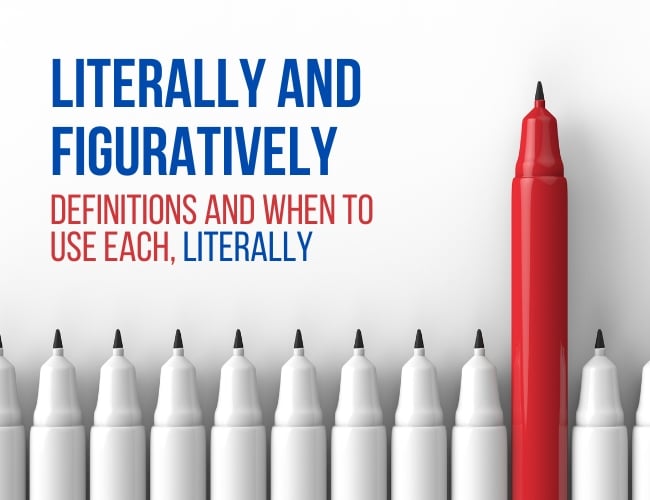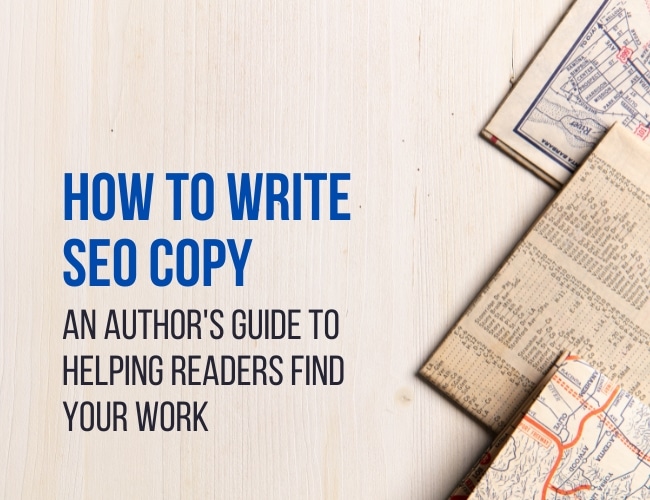
by Sue Weems |
If you’re lucky enough to be asked to speak at a commencement ceremony, at any level, you know the pressure of writing a memorable speech with broad appeal that fits within the time constraints. But how to write a graduation speech that doesn’t bore, drag, or flop? Here’s a secret: use your storytelling skills to write a great graduation speech.

by Sue Weems |
Happy Poetry Month! My students often scowl when I announce we’ll be reading a poem or covering *heaven forbid* an entire unit on poetry. Poetry often bothers people—it certainly bothers me in the best possible way.
Sometimes poetry feels lofty and pretentious and seems to say, “I know something you don’t know,” which is obnoxious, like an older sister taunting us. Some poetry makes us scratch our heads and say, “What the heck was that all about?”
But if we keep reading, poetry often moves us in ways a paragraph can’t. It requires a compression of language and meaning, tucked inside precise words that create concrete images. Poets, with a wink and a wry smile, trust us to read well. (Writers of all genres: we can learn so much from the poets!)

by Liz Bureman and Sue Weems |
The English language is full of idiomatic phrases and figurative expressions that often take on new life in casual conversation. One of those expressions that often irks grammarians is the use (or misuse) of literally and figuratively. Have you noticed the overuse of literally in everyday speech? Today let’s look at these two terms and how to use them to our advantage as writers.

by Guest Blogger and Sue Weems |
Many writers dread the marketing part of being an author, believing they have to be omnipresent on social media, or pay for fancy blog posts or advertising. The truth is that if you learn a few basics about how to write SEO copy, you’ll draw readers and show them who you are as a real person and what you offer potential customers.
Mastering a few basics of SEO copywriting can help readers find your amazing content and share your voice with the world without feeling like you have to sell, sell, sell at every turn. Today we have guest writer Linda Walkovich to walk through the basics of SEO and share some SEO copywriting tips.

by Sue Weems |
Sometimes I have students who say they don’t like to write. I suggest that perhaps they haven’t found a subject or story worth writing yet. Then I ask them if they have any scars.
Inevitably, the stories pour out of them, and they point to their arms, their foreheads, and their legs revealing skateboarding mishaps, fights, and sometimes deeper trauma.
Scars often hold an entire world of story. We wanted something and the pursuit of it left a mark.
Giving a character a scar can be a cliché or it can be a fast-track to deeper character development. When you’re creating characters with scars, execution is key.







